Not only is this modern era in cinema (and indeed, the small screen) the greatest it’s ever been for comic book fans in terms of product, but we’re also living in a time where the genre is given the kind of care and attention it seldom received pre-Marvel. You only have to watch the ridiculously epic scope and immaculate storytelling in the recent Avengers: Endgame to see that the cinematic comic book adaptation works like an extremely well-oiled machine. Kids today will never appreciate the naffness their parents had to endure when their masked heroes were regarded as a lesser form of big screen entertainment. Sure, there were some exceptions. 1978’s Superman: The Movie legitimised and paid suitable reverence to the genre, there’s were a number of missteps in that decade between Richard Donner’s ground-breaking take and Tim Burton’s gothic vision of the Caped Crusader.
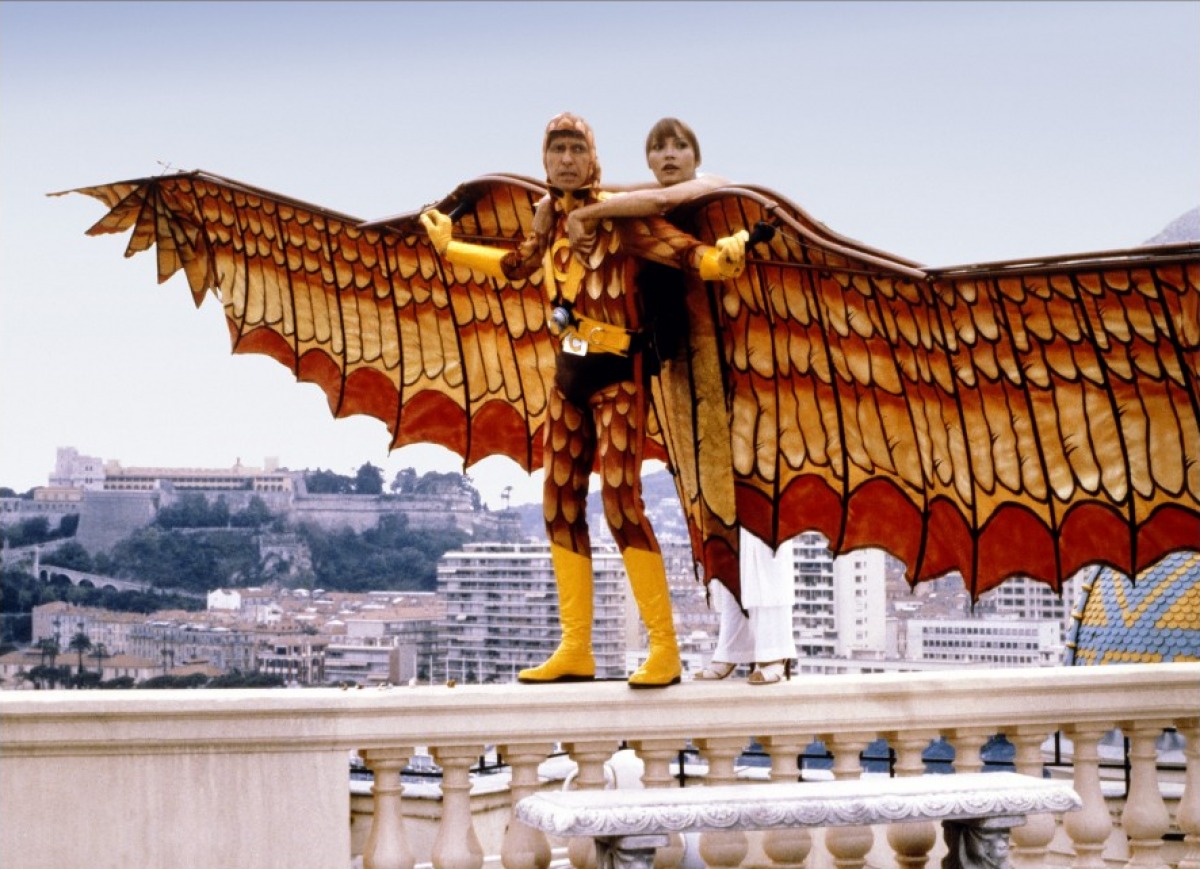
Howard the Duck is probably still the daddy of all failed comic book adaptations, but the live-action arm of Disney seriously floundered when it attempted to grab an early piece of the pie, by essentially placing an everyman in a Batman-like suit and combining it with a goofy variant on those globe-trotting 007 escapades. While this doesn’t sound like an unappealing premise, the resulting film, 1981’s Condorman, fell flat at the box office and was universally derided by critics at the time. Make no mistake, the film is, in many ways, as clunky as they come, yet there remains something weirdly endearing and likeable about it, too. This could be due, in part, to the bizarre casting of British stage thespian-turned-TV sitcom star, Michael Crawford in the title role. Looking back at the big US box office draws in the early eighties, or even the popular character actors of that time, it’s utterly mystifying how he actually managed to get cast as a lead in a high-profile American feature.
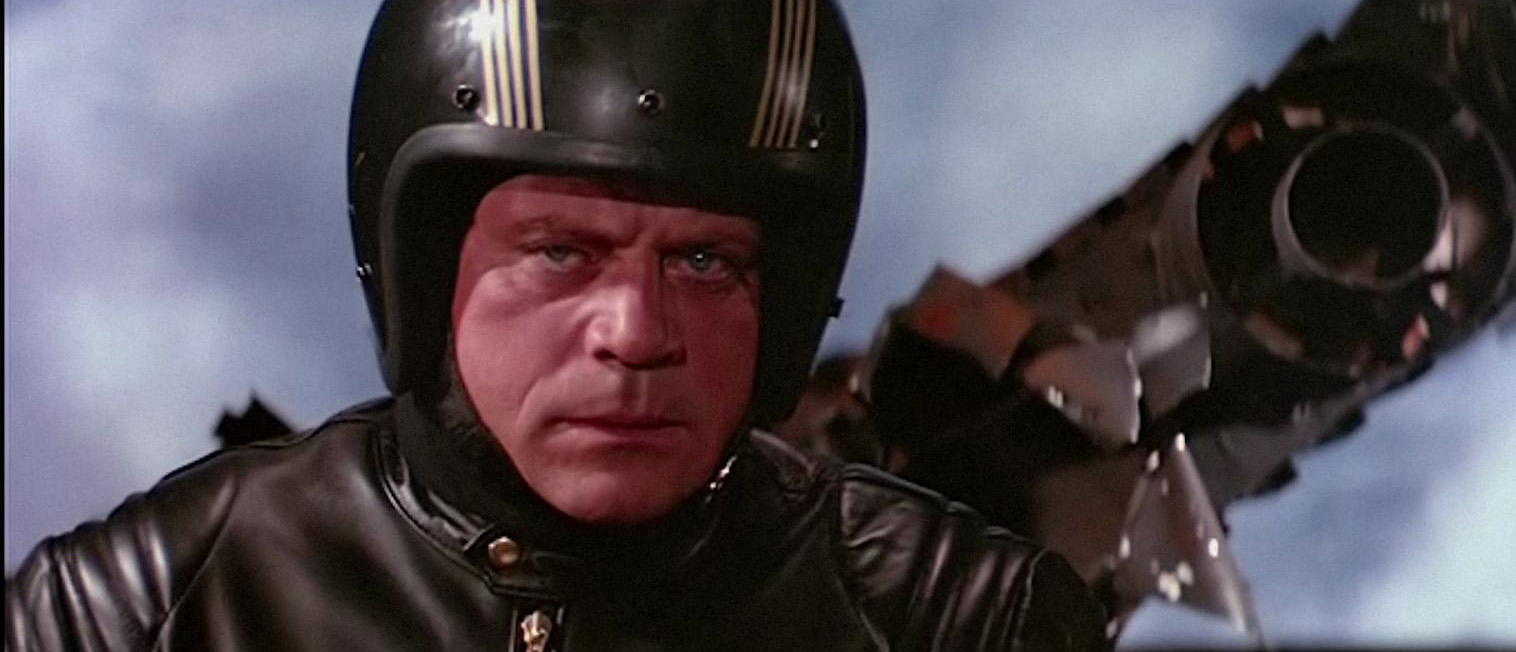
Was the Disney exec in charge of green-lighting the film a huge fan of that gentle British slapstick humour? The film’s titular character – a bumbling American cartoonist named Woody Wilkins who is enlisted by his friend from the CIA to work undercover – certainly finds himself in a number of physical jams reminiscent to Crawford’s accident prone Frank Spencer in the BBC series in question, Some Mothers Do ‘Ave ‘Em. And while Crawford was a gifted physical performer, his only real exposure to Hollywood prior to this was in Barbra Streisand’s decidedly action-free Hello, Dolly! His lack of star power was undoubtedly a contributing factor to Condorman’s failure, but the film itself suffers from crummy special effects and blue-screen work – inexcusable, given what was achieved with Superman those three or four years earlier – and in trying to stitch together a Bond-lite Cold War espionage yarn with a superhero slant.
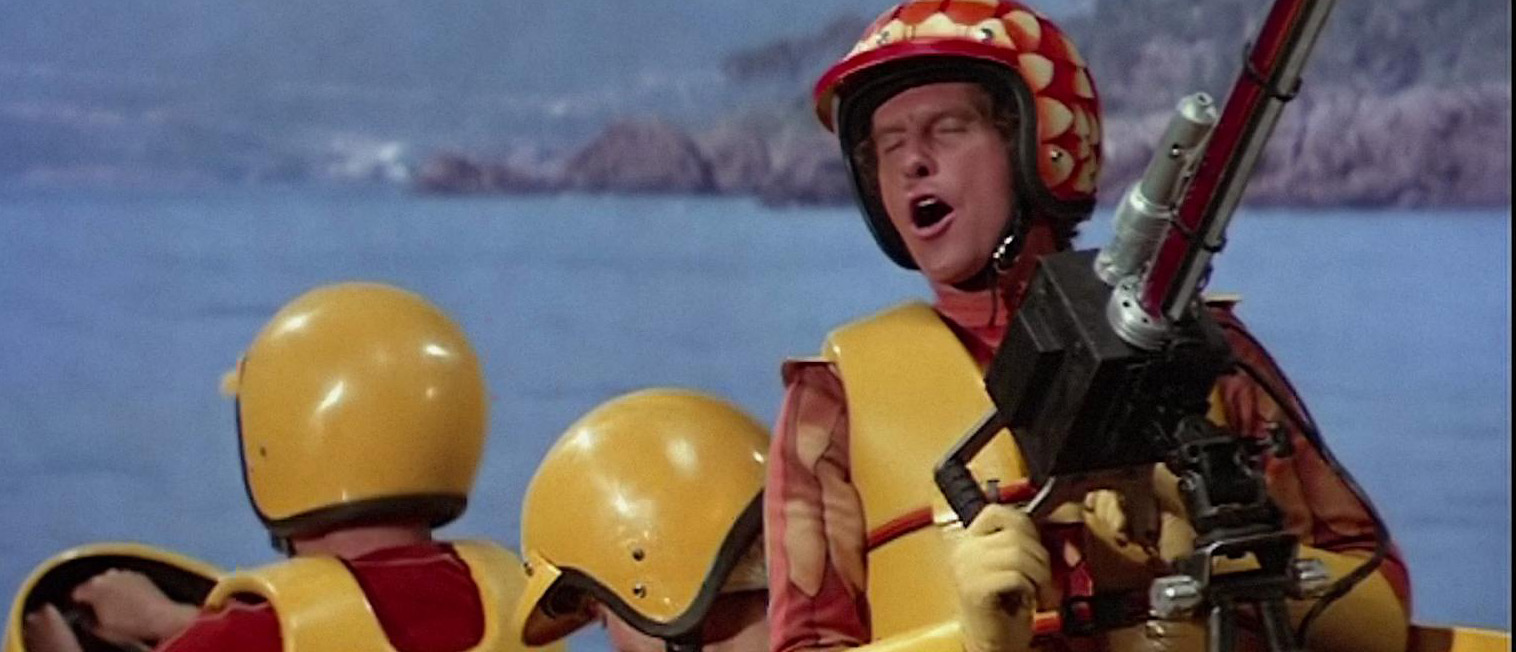
But despite the film’s many shortcomings, there’s fun to be had here, particularly for those who caught it first time around and are looking for a blast of nostalgia. Henry (The Pink Panther) Mancini’s score is a soaring, bombastic delight, and when Woody finally reveals the feathered alter ego he’s been working on throughout, you can’t help but delight in at just how daft his costume is, and Crawford’s straight-faced dedication in trying to (literally) make the character fly. In an age where’s there’s an emphasis on cutting-edge effects work and slickly choreographed action beats in comic book cinema, seeing a guy in a spandex bird suit flapping around the grounds of the Monte Carlo Casino, harness and cable visible pretty much throughout, is a refreshing sight.
- Watch Condorman now on CHILI


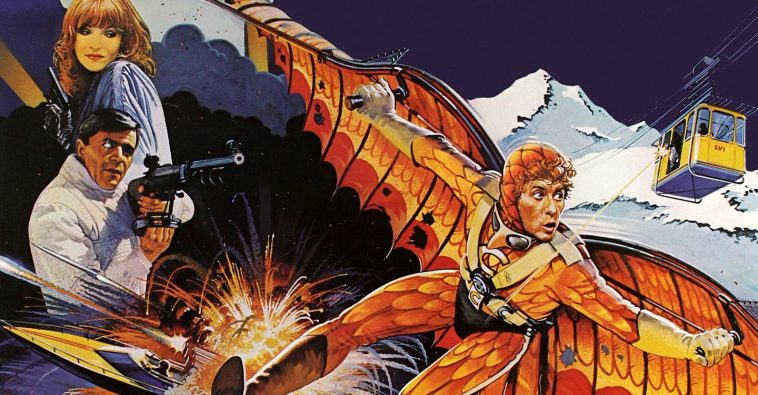

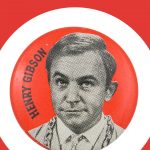



Leave a Comment